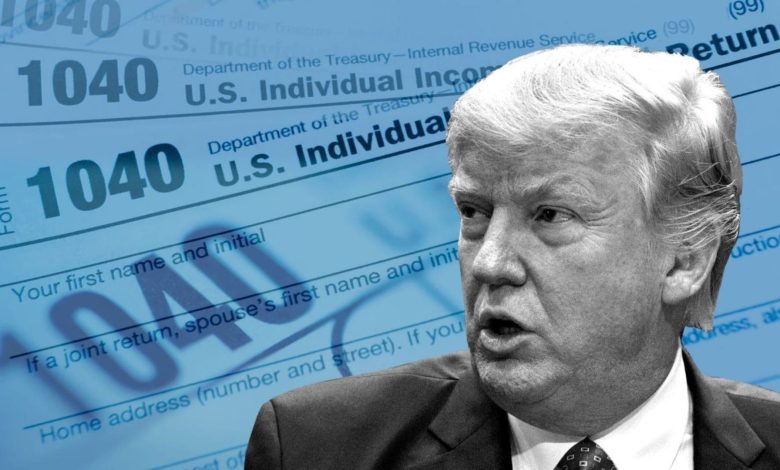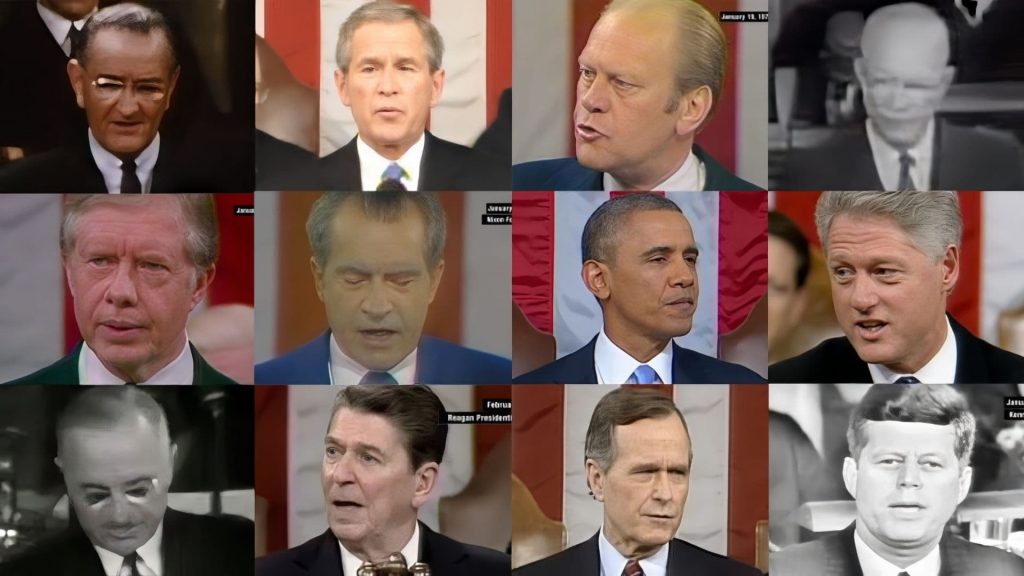
Presidential Tax Returns is an insightful article exploring the significance, legal requirements, and controversies surrounding the release of U.S. presidents’ tax records. This article covers the historical context, the IRS‘s role in auditing presidents’ returns, congressional oversight, and the public’s demand for transparency. It demystifies complex topics like tax morale, mandatory audits, and legislation aimed at ensuring presidents disclose their financial information, all presented in a clear, reader-friendly style.
What Are Presidential Tax Returns?
Presidential tax returns are the detailed income tax filings submitted annually by the President of the United States, as required by internal protocols and influenced by public expectation and legality. These returns provide insights into a president’s sources of income, tax payments, business interests, and potential conflicts of interest. Historically, disclosure of tax returns has been voluntary but highly encouraged to maintain public trust and transparency.

Historical Background and Legal Framework
Since the 1970s, many presidential candidates have voluntarily released multiple years of tax returns to demonstrate financial transparency. However, this tradition has not been codified into law, leading to high-profile controversies, especially during and after the Trump administration. The IRS has a mandatory internal audit procedure for the president and vice president’s tax filings, aimed at ensuring accuracy and legitimacy, though these audits are confidential.
Legislation like the proposed Presidential Tax Transparency Act seeks to codify the disclosure process, requiring major party candidates to submit recent tax records to the Federal Election Commission for public release. These laws are intended to promote accountability and prevent financial conflicts that could influence national governance.
The Internal Revenue Service’s Role
The IRS operates under strict confidentiality rules but mandates that the president’s tax returns undergo yearly audits. The audit procedure is detailed in the Internal Revenue Manual (IRM), emphasizing careful handling, thorough review of all income sources including business entities and trusts, and secure storage. These audits help uphold the integrity of the presidency and the tax system, though the information is not usually made public unless required by law or congressional oversight.
Congressional and Public Oversight
Congress has the legal authority to request presidential tax returns for oversight purposes. This power is rooted in federal tax law that compels the Treasury Secretary to comply with such requests. Congressional inquiries have intensified scrutiny of presidential finances, balancing national security, privacy, and transparency concerns. Public support for disclosure is linked closely to tax morale—the willingness of citizens to honestly fulfill tax obligations when leaders model that behavior.
Controversies and Challenges
Repeated refusal by presidents to disclose tax returns fuels debates about transparency, privacy rights, and legal limits. Lawsuits and legislative efforts continue to shape the evolving landscape of how tax returns are released and audited. These issues highlight the complex interplay between legal statutes, political norms, and public expectations in American democracy.

Why Transparency Matters
Transparency in presidential tax filings fosters trust, deters corruption, and supports the principle that no one is above the law. It reassures voters about possible conflicts of interest and financial improprieties, reinforcing democratic accountability at the highest level.
Conclusion
Presidential Tax Returns illuminate a vital intersection of tax law, politics, and public trust. Understanding how these returns are handled, audited, and sometimes contested sheds light on the unseen mechanisms that keep the government accountable and transparent. This article simplifies a complex topic while celebrating the importance of openness in America’s highest office.
FAQs
Q: Are U.S. presidents required to release their tax returns?
A: Currently, there is no legal requirement; disclosure has been voluntary and customary but subject to growing legislative efforts.
Q: Does the IRS audit presidential tax returns differently?
A: Yes, the IRS mandates a confidential, yearly audit of the president and vice president’s tax filings for integrity assurance.
Q: Can Congress access a president’s tax returns?
A: Yes, under federal law, Congress can request and obtain tax returns for oversight purposes.
Q: Why is transparency of presidential tax returns important?
A: It builds public trust, prevents conflicts of interest, and reinforces accountability in government.